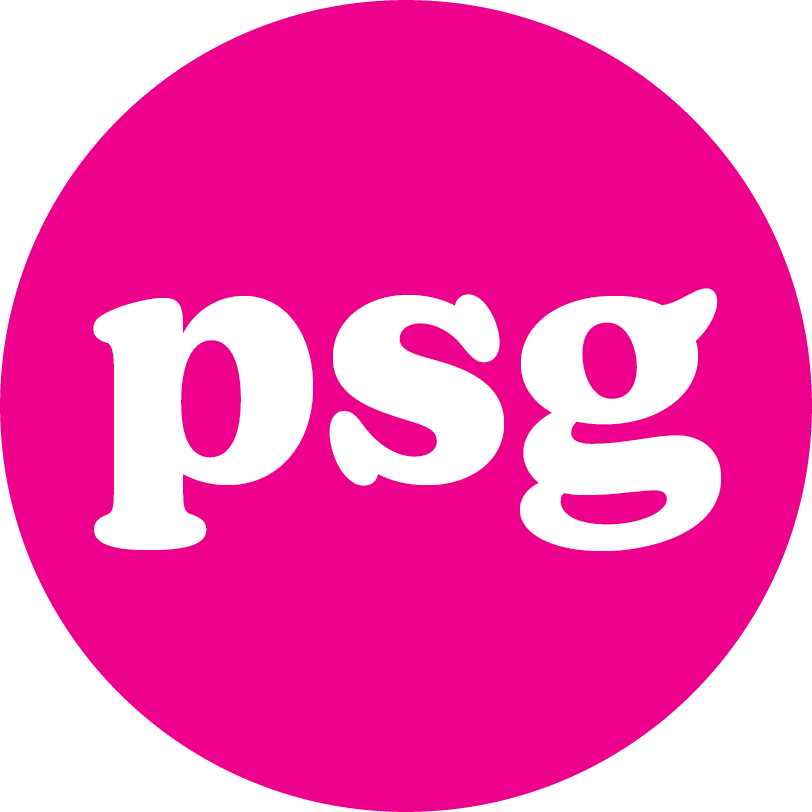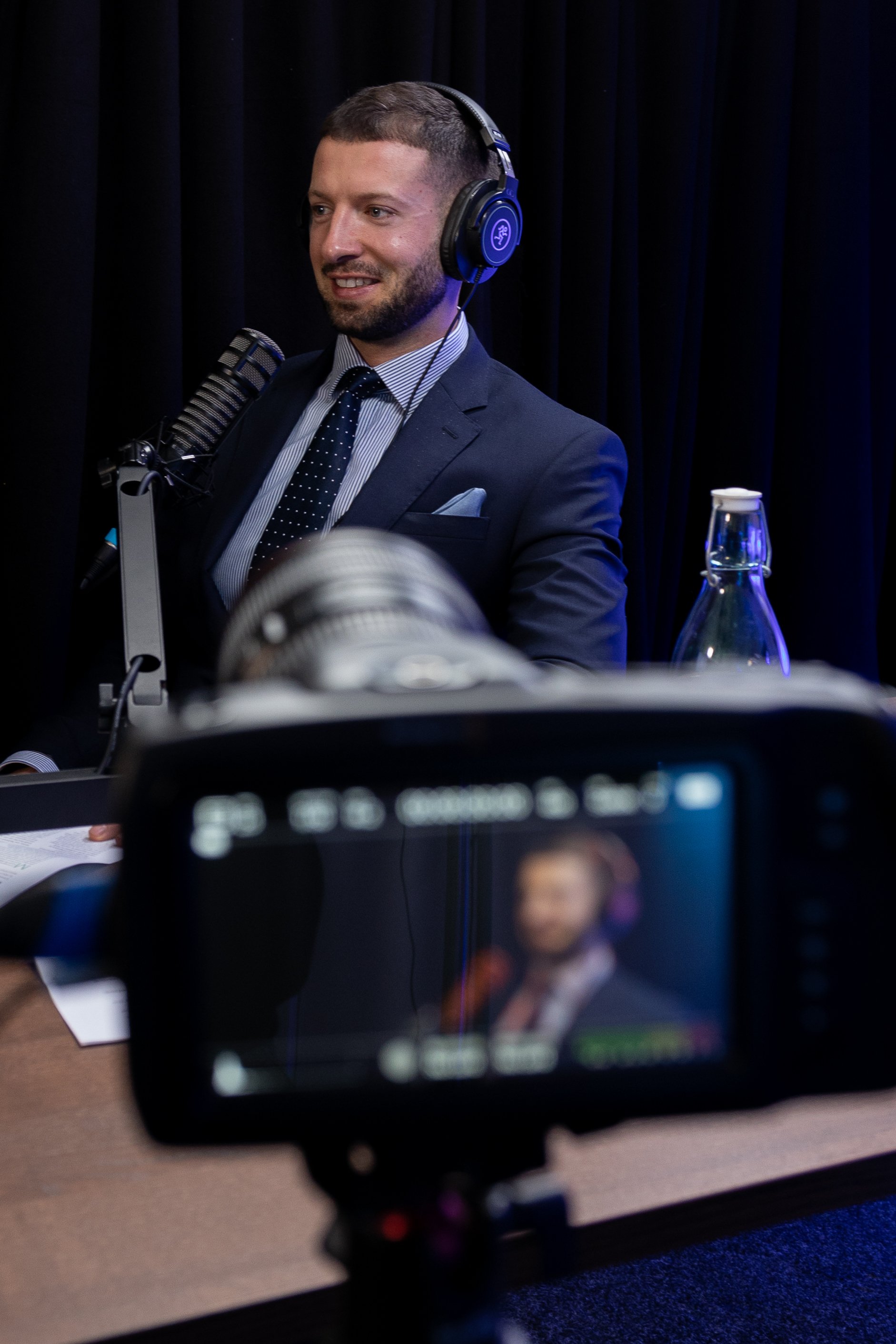Why Your Brand Needs a Podcast
Podcasting is a powerful way for brands to connect with their audience and build a loyal following. By creating a podcast, brands can showcase their expertise, share their stories, and build a deeper connection with their audience.
Brands such as Whoop have a podcast where fitness and health experts are interviewed. And while the discussion isn’t centred unnaturally around Whoop products, it is under the Whoop flag. The podcast is branded by Whoop and by osmosis, Whoop comes across as knowledgeable and altruistic; the brand is “sponsoring” informative interviews that benefit its core customer base, both existing and potential!
Another great example is Inside Matters. This podcast is hosted by Dr James McIlroy, the CEO of biotech firm EnteroBiotix. Dr McIlroy interviews leading scientists and doctors, along with athletes and health experts, on the topic of the gut biome. Again, these discussions are under the banner of his biotech company, helping it - and James - become global thought leaders*.
But with so many podcasts out there, it can be challenging to stand out and create a podcast that truly resonates with your target audience. That's where the Podcast Studio Glasgow comes in.
As one of the most experienced podcast production studios in the UK, the Podcast Studio Glasgow has been helping brands create successful podcasts since 2005.
Whether you're looking to build brand awareness, generate leads, or increase sales, a podcast is a great way to achieve your business objectives. By creating a podcast, you can tap into the power of storytelling, build trust with your audience, and create a loyal community of fans.
Here are some pros and cons of starting a podcast to help market your brand.
Pros:
Increased brand awareness: Having a podcast allows you to reach a wider audience and increase brand awareness through regular content and engagement with listeners.
Increased credibility: A podcast can help establish your brand as a thought leader in your industry and increase credibility with your target audience.
Cost-effective: Podcasting is a relatively low-cost marketing strategy that can provide a high return on investment.
Personal connection: Podcasting allows for a more personal connection with your audience, as listeners feel like they are getting to know the people behind the brand.
Long-form content: Podcasts allow for long-form content, which can be a great way to dive deep into a topic and provide valuable information to your audience.
Cons:
Time-consuming: Podcasting requires a significant time commitment for planning, recording, editing, and promoting your content. That’s where bringing our experience and skills at the Podcast Studio comes into play.
Technical knowledge: You may need to invest in equipment and learn the technical aspects of podcasting to produce high-quality content. But if you use the Podcast Studio Glasgow’s production package, all of this is taken care of.
Audience building: Building a dedicated audience can take time and requires consistent, high-quality content.
Limited audience: Podcasts have a more limited audience compared to other marketing channels, such as social media.
Limited data: Podcasting platforms do not provide as much data on listenership compared to other platforms like YouTube or social media.
At the Podcast Studio Glasgow, we understand the power of podcasting, and we're dedicated to helping brands create successful podcasts that achieve their business goals. So if you're ready to take your brand to the next level, contact us today and let's start creating a podcast that will help your business grow.
*Inside Matters is produced by us at the Podcast Studio Glasgow

